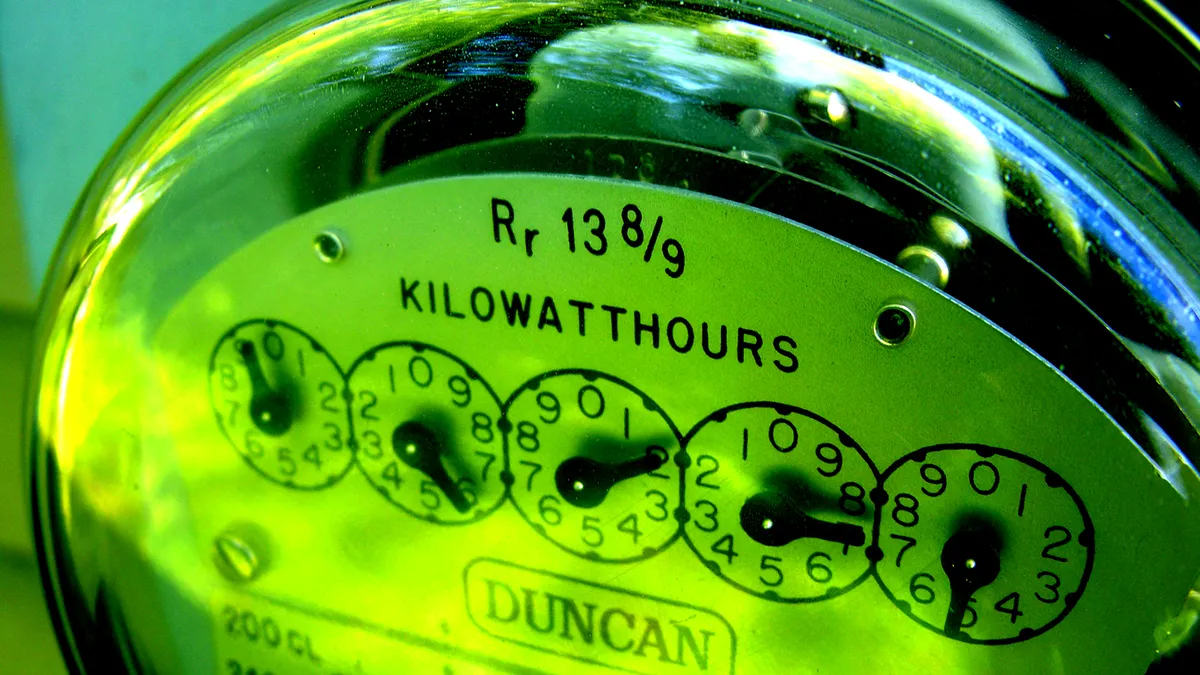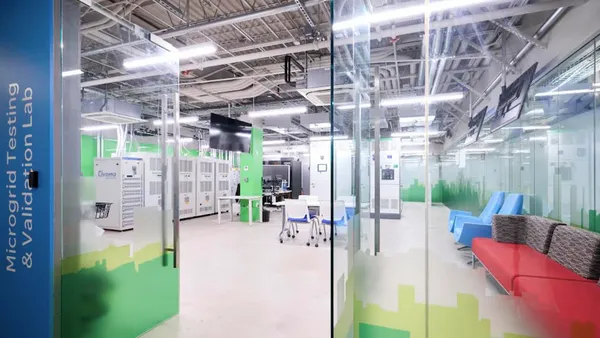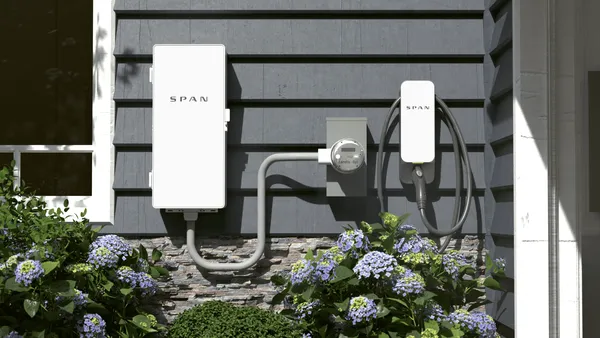Dive Brief:
- Public Service Electric and Gas Co. (PSEG) has launched a campaign for statewide regulatory reform in New Jersey, with the company's CEO entreating utility regulators to consider longer-term approval of energy infrastructure projects.
- PSEG President, Chairman and CEO Ralph Izzo said regulators must create financial incentives for utilities to help their customers reduce at-home energy use, grow renewable energy and other energy-saving technologies.
- Izzo also warned the state against allowing nuclear plants to shutter, and commented on solar subsidy issues, saying investments must "match those who pay for the attributes of renewables ... with those who reap the benefits."
Dive Insight:
Izzo spoke yesterday at a New Jersey energy forum sponsored by the Chamber of Commerce of Southern New Jersey, broadly outlining regulatory reforms he says could help utilities increase system efficiency and renewable energy, while delivering cheaper and more reliable energy.
“Customers’ demands are changing,” Izzo said. “They want more reliability, they want more resilient power, they want cleaner energy and they want access to smart technology to better understand their energy usage – all while keeping bills affordable.”
According to Izzo, the key to New Jersey's energy future lies in energy efficiency—but he said the state needed a new regulatory framework to ensure the investments are paid for by the customers who benefit, and utilities must be incentivized to sell less power.
“Energy efficiency is the critical component that will drive the utility of the future,” he said. “While New Jersey has set aggressive goals for renewables, we have only taken baby steps in the area of energy efficiency."
Earlier this year, filed a proposal with state regulators to spend $74 million on five energy efficiency programs.
Utility Dive spoke with Izzo about efficiency last year, and the CEO expressed concern about how efficiency and renewables are marketed and subsidized. He believes utilities' broad reach and access to customer data makes them best-suited to direct investments in clean energy, and to make them in a way that doesn't leave higher-income customers with most of the benefit.
Those ideas are apparent in Izzo's remarks this week, where he called the utility and its network "the ultimate sales channel for new energy products and services."
Izzo's remarks went beyond just energy efficiency, touching on renewable energy and nuclear as well.
“While the sun is free, we need to remember that converting it to energy is not,” he said. “We need to invest in renewables in a way that helps match those who pay for the attributes of renewables (all ratepayers and taxpayers) with those who reap the benefits of those investments.”
He also warned the state against allowing nuclear plants to close, saying it would lead to higher bills and emissions. PSEG Nuclear LLC operates New Jersey's Salem and Hope Creek nuclear plants.
The way the state currently sites electric and gas infrastructure also needs to be re-thought, said Izzo. He explained the New Jersey’s Board of Public Utilities typically approves infrastructure projects in three-year increments, and said a longer-term approval would allow utilities to better plan their purchasing and hiring.
The utility's energy efficiency proposal proposed in March includes two new initiatives and three existing programs that are popular with customers. PSEG wants to continue energy efficiency efforts at a range of public buildings, commercial businesses and multifamily buildings, including hospitals and government offices. The two new program proposals include a smart thermostat offering and a behavioral demand management program using home energy reports.















